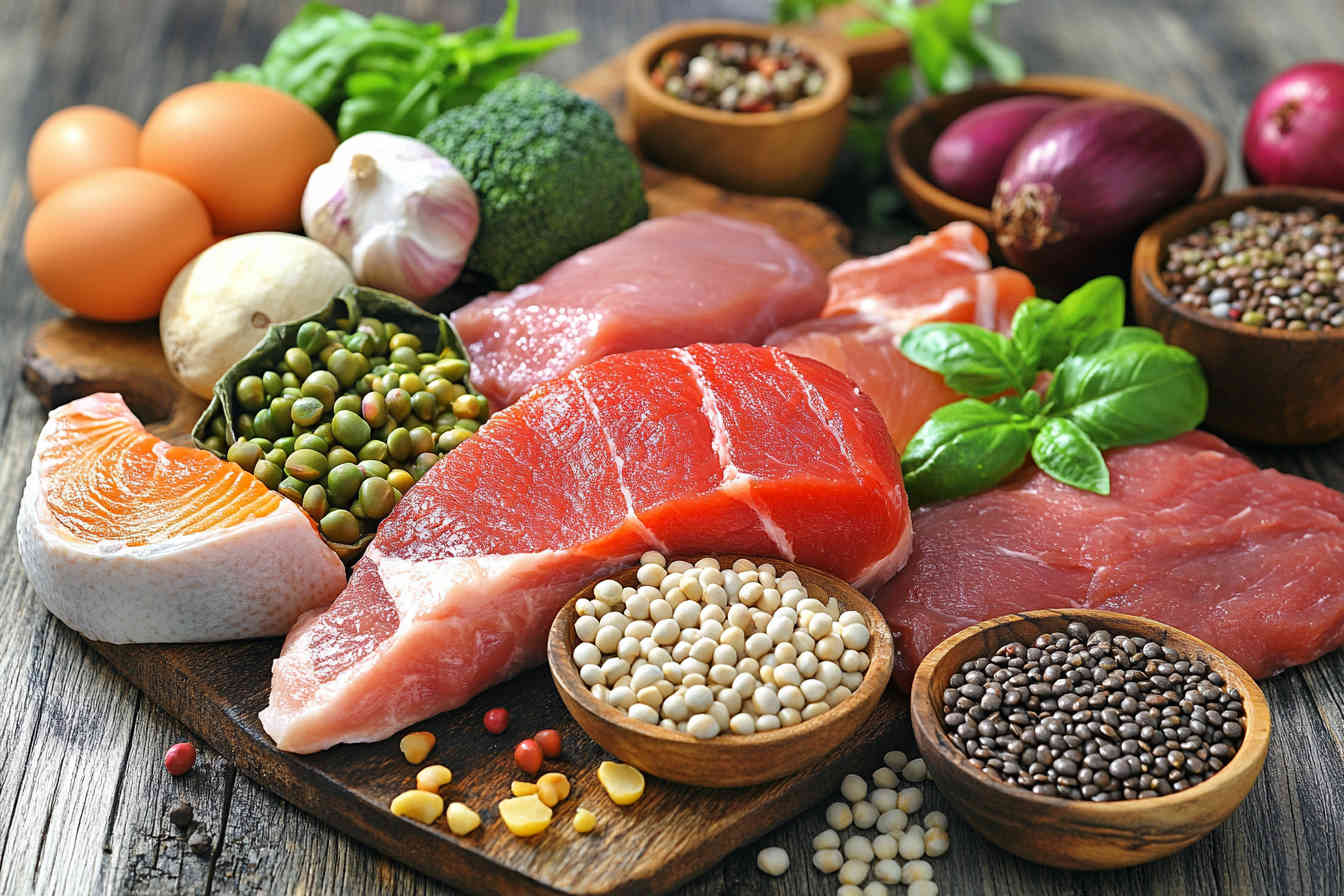As the popularity of plant-based diets continues to rise, so do the myths and misconceptions surrounding their suitability for athletes. Many people question whether a plant-based diet can provide the necessary nutrients for optimal athletic performance. In this article, we will debunk common myths about the plant-based athlete diet and provide evidence-based information to help athletes make informed dietary choices.
Myth 1: Plant-Based Diets Lack Protein
One of the most common myths is that plant-based diets do not provide enough protein for athletes. However, numerous plant-based protein sources can meet an athlete’s protein needs. Foods like beans, lentils, tofu, tempeh, seitan, quinoa, and nuts are rich in protein. By consuming a variety of these foods, athletes can easily achieve their protein requirements.
Fact: Plant-based diets can provide adequate protein for athletes. Combining different plant proteins throughout the day ensures a complete amino acid profile.

Myth 2: Plant-Based Diets Are Deficient in Essential Nutrients
Another misconception is that plant-based diets lack essential nutrients like iron, calcium, and vitamin B12. While it is true that some nutrients are more abundant in animal products, plant-based athletes can still obtain these nutrients through careful planning and supplementation if necessary.
Fact: Plant-based diets can provide all essential nutrients. Iron can be found in lentils, chickpeas, and spinach; calcium in fortified plant milks and leafy greens; and vitamin B12 in fortified foods or supplements.
Myth 3: Plant-Based Diets Are Not Suitable for High-Performance Athletes
Some believe that plant-based diets cannot support the high energy and nutrient demands of elite athletes. However, many successful athletes, including professional runners, cyclists, and bodybuilders, thrive on plant-based diets.
Fact: Plant-based diets can support high-performance athletes. With proper planning, athletes can meet their energy and nutrient needs to perform at their best.

Myth 4: Plant-Based Diets Lead to Muscle Loss
There is a misconception that plant-based diets cause muscle loss due to insufficient protein intake. However, plant-based athletes can build and maintain muscle mass by consuming adequate protein and engaging in regular strength training.
Fact: Plant-based diets do not cause muscle loss. Athletes can build and maintain muscle mass with sufficient protein intake and strength training.

Myth 5: Plant-Based Diets Are Boring and Restrictive
Some people think that plant-based diets are limited in variety and flavor. In reality, plant-based diets offer a wide range of delicious and diverse foods, from fruits and vegetables to grains, legumes, nuts, and seeds.
Fact: Plant-based diets are not boring or restrictive. They offer a variety of flavorful and nutritious foods that can be enjoyed in countless ways.
Addressing Common Concerns for Plant-Based Athletes
1. Energy Levels: Athletes may worry about maintaining energy levels on a plant-based diet. Consuming a variety of whole, nutrient-dense foods ensures a steady supply of energy. Focus on complex carbohydrates like oats, quinoa, and sweet potatoes for sustained energy.
2. Recovery: Proper recovery is crucial for athletes. Plant-based diets rich in antioxidants and anti-inflammatory compounds can aid in faster recovery. Include foods like berries, leafy greens, and nuts to support muscle repair and reduce soreness.
3. Digestive Health: Some athletes may experience digestive issues when transitioning to a plant-based diet. Gradually increasing fiber intake and staying hydrated can help the digestive system adjust. Fermented foods like sauerkraut and kimchi can also support gut health.
4. Meal Planning: Planning meals in advance ensures a balanced intake of essential nutrients. Batch cooking and meal prepping can save time and provide convenient, healthy options throughout the week.

Success Stories of Plant-Based Athletes
1. Scott Jurek: Ultramarathon runner Scott Jurek has achieved numerous victories on a plant-based diet. He credits his diet for improved recovery and sustained energy during long-distance races.
2. Venus Williams: Tennis champion Venus Williams adopted a plant-based diet to manage an autoimmune disease. She has since experienced improved health and continued success on the court.
3. Patrik Baboumian: Strongman competitor Patrik Baboumian follows a plant-based diet and has set multiple world records in strength sports. He demonstrates that plant-based diets can support extreme strength and power.
4. Rich Roll: Endurance athlete Rich Roll transformed his health and athletic performance with a plant-based diet. He has completed multiple Ironman triathlons and advocates for the benefits of plant-based nutrition.
Conclusion
Debunking the myths and misconceptions about plant-based athlete diets reveals that they can provide all the necessary nutrients for optimal performance and health. With proper planning and a focus on nutrient-dense foods, athletes can thrive on a plant-based diet. Whether you are an elite athlete or a fitness enthusiast, embracing a plant-based diet can lead to improved performance, faster recovery, and overall well-being. Don’t let myths hold you back—discover the power of a plant-based athlete diet.
